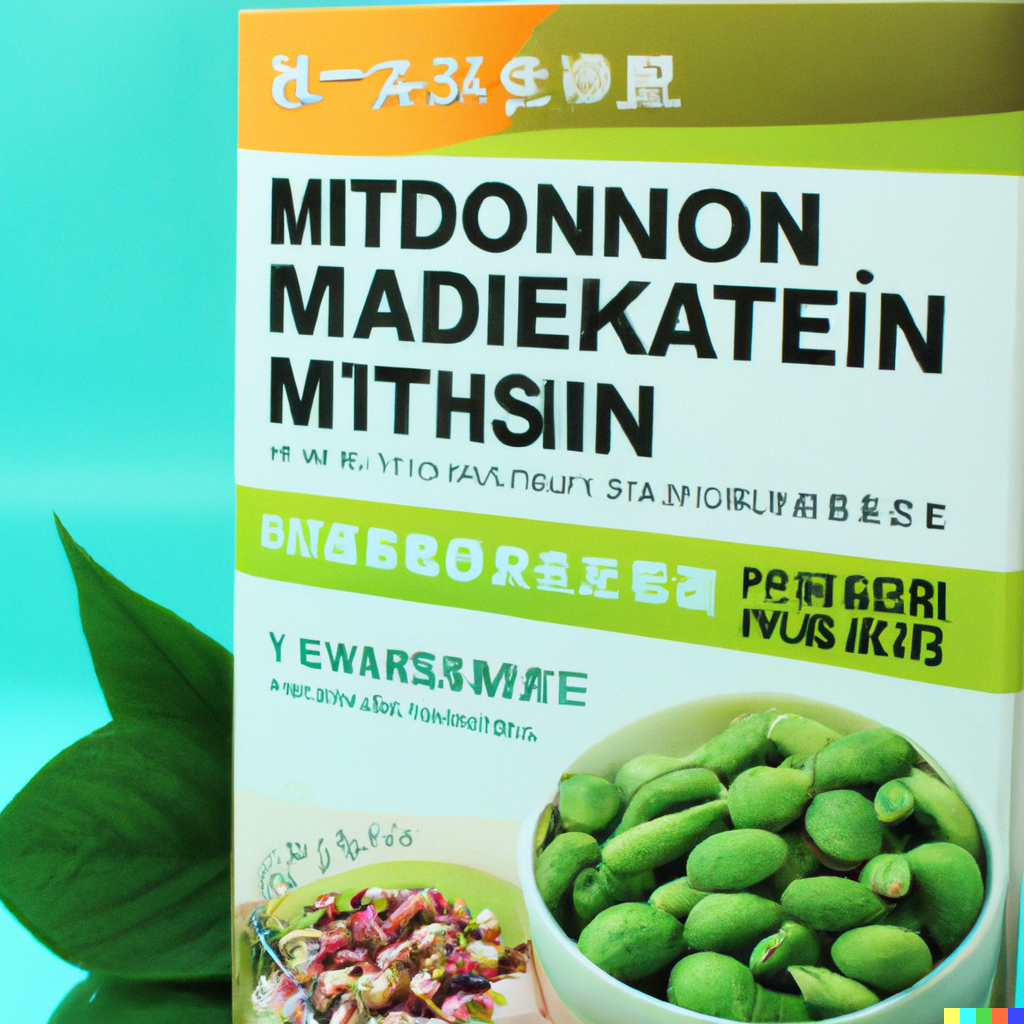What is Mukimame?
Mukimame, also known as edamame beans, is a type of immature soybean harvested before they start to harden. The name “mukimame” is derived from Japanese, with “muki” meaning “shell” and “mame” meaning “bean”. Hence, mukimame specifically refers to shelled edamame beans.
Originating from East Asia, mukimame has been a staple in Japanese, Chinese, and Korean diets for centuries. In these cultures, it is commonly boiled or steamed and then lightly salted, often consumed as a snack, a side dish, or used as an ingredient in main dishes. Over the past few decades, the popularity of mukimame has spread globally due to its high nutritional value and versatility in culinary applications.

Nutritional Profile of Mukimame
Mukimame is a nutritional powerhouse, rich in protein, fiber, and a variety of vitamins and minerals. Here’s a detailed look at the nutritional profile of mukimame per 100g serving:
| Nutrient | Amount |
|---|---|
| Calories | 122 kcal |
| Protein | 11.2 g |
| Total Fat | 5.2 g |
| Carbohydrates | 9.9 g |
| Dietary Fiber | 5.2 g |
| Vitamin K | 33 µg |
| Vitamin C | 6.9 mg |
| Calcium | 63 mg |
| Iron | 2.4 mg |
This data is provided by the USDA FoodData Central.
Mukimame is high in protein and fiber, two key components of a healthy diet. The vitamin and mineral content, including Vitamin K, Vitamin C, calcium, and iron, further enhance its nutritional value.
Health Benefits of Mukimame
The high nutritional content of mukimame translates into numerous health benefits:
- High Protein Content: Mukimame’s protein content is comparable to that of meat and dairy, making it an excellent source of plant-based protein. Proteins are essential for body growth and repair and can also help to keep you feeling full for longer.
- Rich in Fiber: The fiber in mukimame aids in digestion and can help to regulate blood sugar levels. It can also contribute to feelings of fullness, which may assist in weight management.
- Heart Health: Mukimame is low in saturated fat and contains no cholesterol, which is beneficial for heart health. The isoflavones found in mukimame have been linked to reduced levels of LDL cholesterol, the “bad” cholesterol that can increase the risk of heart disease.
- Bone Health: Mukimame is a good source of calcium and vitamin K, both of which are crucial for bone health.
- Antioxidants: Mukimame is rich in antioxidants, which can help to fight off damage from harmful free radicals in the body.
Scientific research supports these benefits. For example, a study published in The Journal of Nutrition found that the isoflavones in soy can help to lower LDL cholesterol levels.
Mukimame Vs. Other Soy Products
Mukimame shares many of the nutritional benefits of other soy products, but there are some differences:
| Nutrient | Mukimame | Tofu | Tempeh |
|---|---|---|---|
| Calories | 122 kcal | 76 kcal | 195 kcal |
| Protein | 11.2 g | 8 g | 20.3 g |
| Total Fat | 5.2 g | 4.8 g | 11.1 g |
| Carbohydrates | 9.9 g | 1.9 g | 9 g |
| Dietary Fiber | 5.2 g | 0.3 g | 4.8 g |
Mukimame has a higher fiber content than both tofu and tempeh, making it a superior choice for digestive health and satiety. However, tempeh has the highest protein content, making it a better option for those looking to increase their protein intake.
Incorporating Mukimame in Your Diet
Mukimame’s mild flavor and versatile texture make it easy to incorporate into your diet. Here are some ideas:
- Enjoy it as a snack: Simply boil or steam mukimame and season with a bit of salt.
- Add it to salads: Mukimame can add a protein punch to your salads.
- Stir-fry: Add mukimame to your stir-fry dishes for an extra serving of vegetables.
- Blend it into a smoothie: For a protein boost in your smoothies, consider adding mukimame.
Remember, while mukimame is a healthy food, it’s still important to consume it as part of a balanced diet.
Call to Action
Incorporating mukimame into your diet can be a delicious way to boost your nutrition. Don’t hesitate to experiment with mukimame in your meals. For more information on mukimame, explore our other articles on the website.
Remember, healthy eating is about balance, variety, and enjoyment. So, make room for mukimame in your diet today!